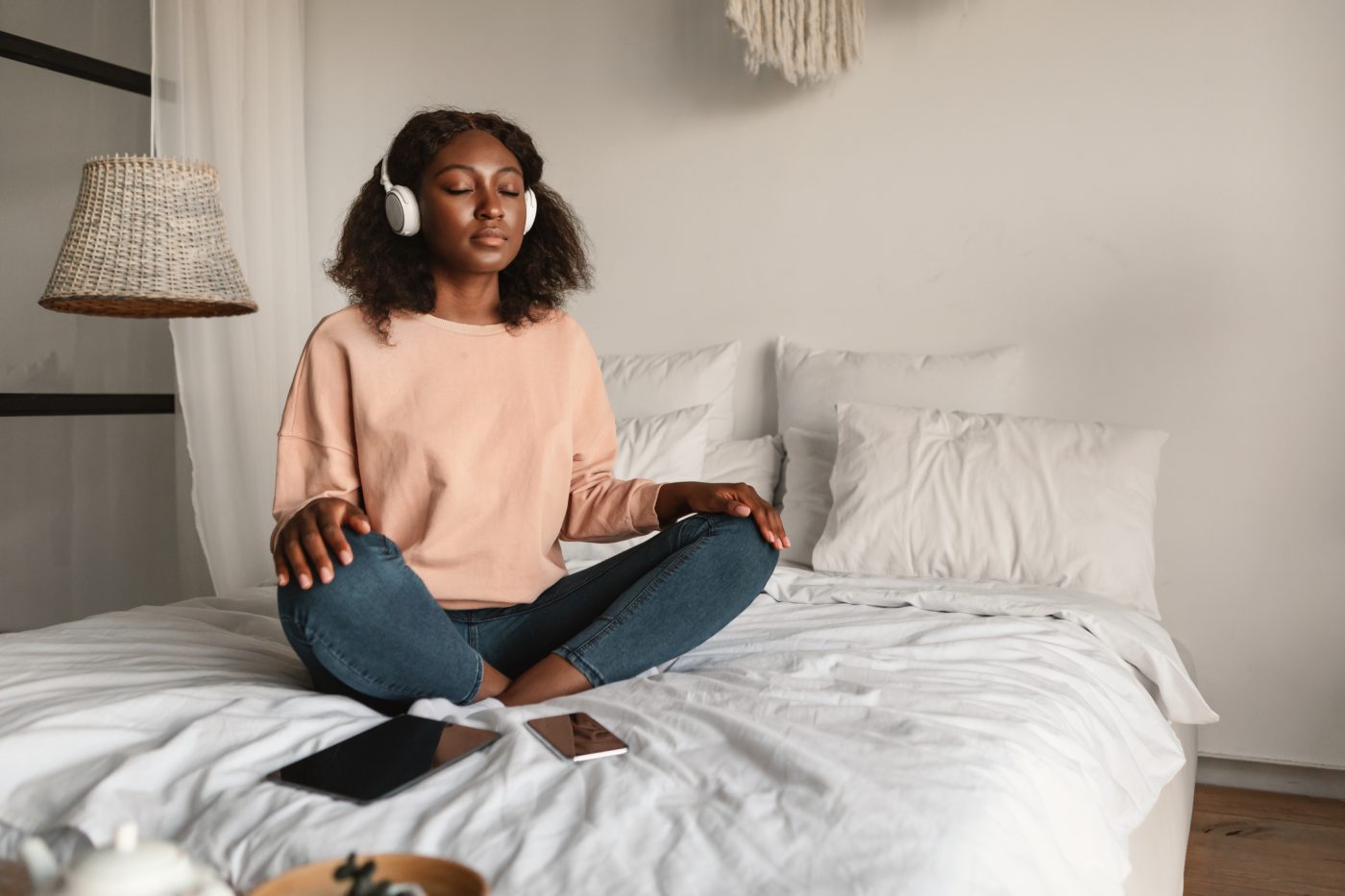Dr Steve Allder, Consultant Neurologist at Re:Cognition Health, recently spoke with MSN about Non-Sleep Deep Rest (NSDR) a practice that’s gaining attention in health and wellness circles. While it may sound like a contradiction in terms, NSDR is a scientifically backed method for achieving profound rest without actually falling asleep.
What is NSDR?
Non-Sleep Deep Rest refers to a deeply restorative state of relaxation achieved through techniques like yoga nidra, guided hypnosis or meditation. The key distinction is that the person remains awake yet enters a phase of profound calm, allowing both body and mind to rejuvenate in a similar way to sleep.
Why is NSDR beneficial?
NSDR supports cognitive performance by enhancing memory, learning and creativity. When the brain enters this restful state, it’s able to consolidate information more effectively, offering a mental reset that can increase focus and productivity throughout the day.
It’s also a powerful tool for emotional wellbeing. By reducing cortisol levels and calming the nervous system, NSDR can ease anxiety and stress. It has physical health benefits too, such as lowering heart rate and blood pressure, encouraging muscle relaxation and aiding recovery.
How does it compare to sleep?
Though NSDR is not a replacement for sleep, it works alongside it. A short NSDR session during the day can help clear mental clutter, making it easier to drift into restful sleep at night. In this way, it can serve as a valuable ally for those struggling with sleep quality or stress-related fatigue.
How can you practise NSDR?
There are several accessible ways to incorporate NSDR into your daily routine:
- Yoga Nidra: Often described as ‘yogic sleep’, this guided practice helps you move through stages of relaxation while staying conscious. Simply lie in a quiet space and follow a yoga nidra session via an app or online.
- Guided Hypnosis: Listening to recorded hypnosis can help ease stress and sharpen focus. Settle into a peaceful spot, play a session, and follow the spoken instructions as they lead you through progressive relaxation.
- Mindfulness Meditation: This method helps calm the mind and encourages awareness of the present moment. Focus on your breath and gently return your attention whenever it wanders.
- Breathing Techniques: Practices like deep belly breathing or alternate nostril breathing promote calm and activate the body’s relaxation response. Sit or lie down comfortably and take slow, deliberate breaths, focusing on the natural rhythm.
With just a few minutes of NSDR each day, you may begin to notice improvements in your mental clarity, emotional balance and sleep quality. It’s a simple yet powerful tool to enhance wellbeing – and best of all, it’s completely accessible to anyone, anytime.
Read the full article: https://www.msn.com/en-us/health/other/the-10-minute-deep-rest-trick-which-can-improve-your-memory-sleep-and-mood/ss-AA1CUhmc
 Visit our USA website
Visit our USA website





